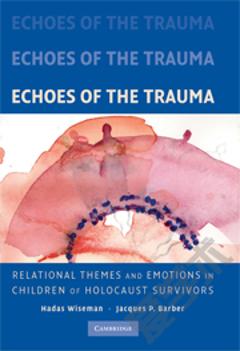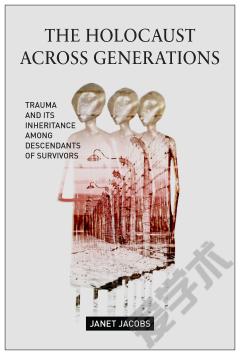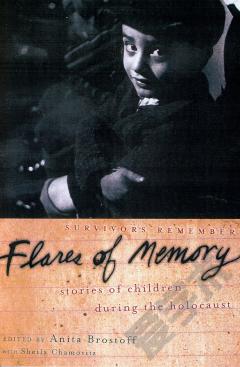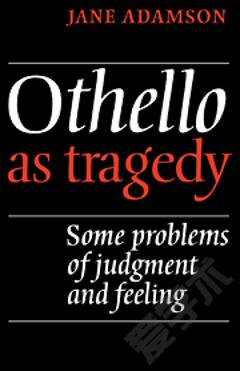Echoes of the Trauma: Relational Themes and Emotions in Children of Holocaust Survivors
Echoes of trauma are traced in the relational narratives that the sons and daughters of Holocaust survivors tell about their experiences growing up in survivor families. An innovative combination of the Core Conflictual Relationship Theme (CCRT) method with narrative-qualitative analysis revealed common themes and emotional patterns that are played out in the survivors' children's meaningful relationships, especially in those with their parents. The relational world of the second generation is understood in the context of an intergenerational communication style called 'knowing-not knowing', in which there is a dialectical tension between knowing and not knowing the parental trauma. In the survivors' children's current parent-adolescent relationships with their own children, they aspire to correct the child-parent dynamics that they had experienced by trying to openly negotiate conflicts and to maintain close bonds. Clinicians treating descendents of other massive trauma would benefit from the insights offered into these complex intergenerational psychological processes.
{{comment.content}}








 京公网安备 11010802027623号
京公网安备 11010802027623号